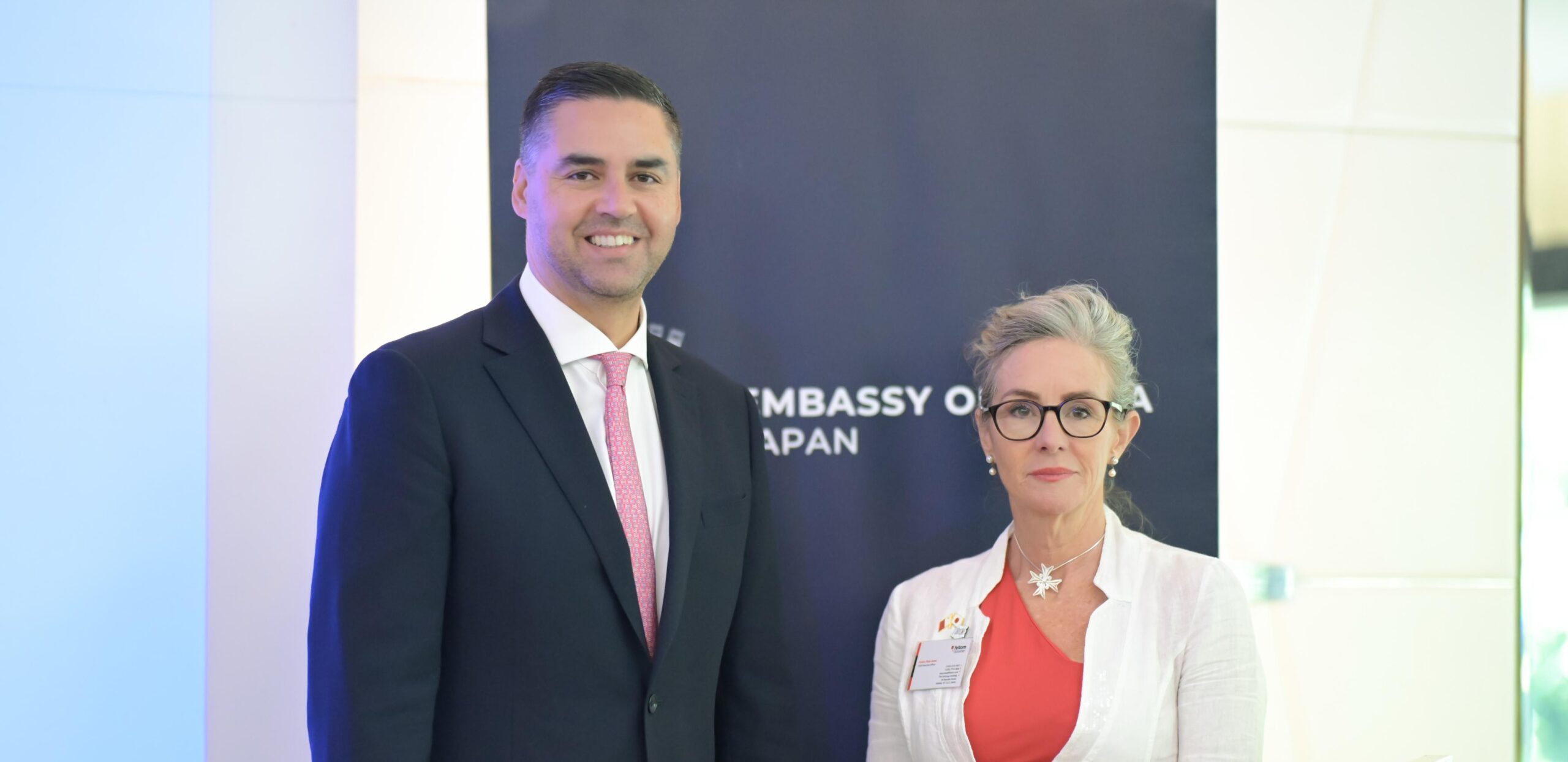Can the cost of stress ever be really quantified? It seems some of it can, and its over €100 billion a year – that is the cost of work-related stress in the EU.
This shocking revelation was revealed in a report by the the European Trade Union Institute (ETUI). The think tank analysed the cost of work-related depression in the bloc and identified five psychological risks at the root of mental illness:
- stress at work
- long working hours
- job insecurity
- imbalance between effort and reward
- moral harassment
The report is the first to quantify the economic cost not only of depression, but also of cardiovascular disease, in particular coronary heart disease and stroke, linked to psychosocial work factors.
“Around 6,000 deaths from coronary heart disease were attributable to exposure to psychosocial risks and more than 5,000 deaths were due to suicides caused by depression,” explained Sonia Nawrocka, a researcher at ETUI.
“These are preventable deaths”, writes Dimitra Theodori, head of health and safety at ETUI.
According to the institute, eight per cent of cardiovascular diseases and 23 per cent of cases of depression are attributable to these psychosocial risks. In the same year, more than 400,000 years of life were lost due to cardiovascular disease and depression.
France, Belgium, Finland, Ireland and the Netherlands are the five countries most affected in terms of cost per 100,000 workers.
This financial burden is shared by the employer and the employee, but sometimes asymmetrically.
“For both diseases, we found that the heaviest burden fell on employees, but also on employers. In particular, as far as the cost of depression is concerned, we can estimate that more than 80 per cent of the total cost of depression was attributable to psychosocial risks at work in 2015 in Europe”, explained Sonia Nawrocka.
“This cost was paid by employers because of a lack of productivity and a reduction in productivity caused by illness and absence.”
These figures are based on 2015 data from Eurofound. The European Foundation for the Improvement of Living and Working Conditions publishes a study on working conditions every five years, but the pandemic in 2020 has disrupted the surveys.
In light of these findings, the European Trade Union Institute is calling on the European Commission to present a text to strengthen prevention. ETUI believes that this directive on mental health should also provide guidance for employers.
While no single answer to the issue is acknowledged, the think tank stressed the importance of prevention processes.
Betsson doubling down on flagship brand to ‘realise economies of scale’ – CEO
The iGaming giant recently launched its main global brand in Georgia and Lithuania.
Japan-Malta visa to attract more, higher-quality Japanese students – FELTOM CEO
Jessica Rees-Jones says that this agreement is extremely important for the local English Language Teaching sector.
Coldplay’s kiss cam sparks scandal for US tech CEO and HR Chief – and the internet can’t look away
A Coldplay concert kiss cam turned into corporate chaos when two tech execs were caught canoodling, and the internet did ...
Lawyers weigh in on amendments in Malta’s citizenship law: Evolution or extinction?
Experts say whether amendments in the law signal the end of the sector, or simply its evolution into a more ...









